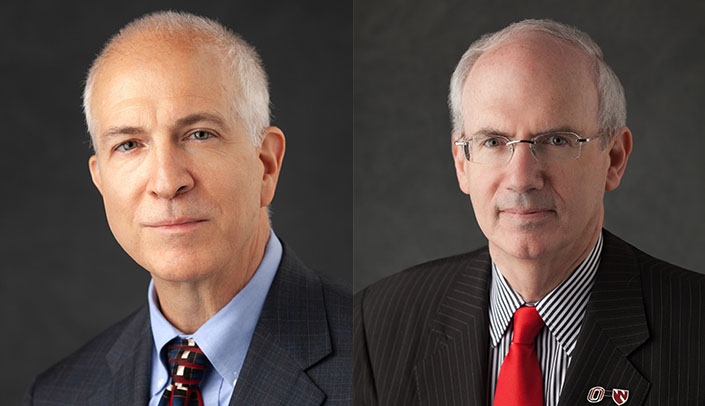On Friday, the Nebraska Department of Health and Human Services (DHHS) issued a press release regarding an individual who experienced a significant medical event involving thromboembolic occurrence (blood clots) two weeks after receiving the Johnson & Johnson/Janssen Pharmaceuticals COVID-19 vaccine. The individual received treatment at Nebraska Medical Center.
This medical event was entered into the Vaccine Adverse Event Reporting System (VAERS), a national vaccine safety surveillance program run by the Centers for Disease Control and Prevention (CDC) and the U.S. Food and Drug Administration (FDA). Anytime a death or any adverse event occurs post-vaccination, it must be entered into VAERS. This process allows the CDC and FDA to closely monitor and assess any adverse events, for ongoing evaluations. As is standard protocol for any significant incident reported in VAERS, the case will be fully reviewed.
“While we empathize with anyone who may have experienced a serious side effect from a COVID-19 vaccine, COVID-19 remains an ongoing threat to our communities,” said UNMC Chancellor Jeffrey P. Gold, MD. “We continue to recommend that all eligible individuals get vaccinated with whichever approved vaccine is available to them, until such a time that the FDA or public health departments would have a scientific basis to consider changing the recommendation for one or more vaccines.”
DHHS will work closely with the Douglas County Health Department, the patient’s medical team and CDC to ensure any potential connection to vaccination is investigated. The medical center is committed to as much transparency as patient privacy laws allow, Dr. Gold said. “Our best defense against vaccine hesitancy is fully informing the public of risks and benefits.”
The pandemic continues to be a major cause of death in the United States with case rates rising nationally and locally. In the U.S., more than 573,000 people have died from COVID-19 and more than 175 million doses of COVID-19 vaccine have been administered in the U.S., including more than 5 million doses of the Johnson.& Johnson/Janssen vaccine with excellent efficacy and safety.
All of the authorized COVID-19 vaccines in the U.S. — Pfizer, Moderna and Johnson & Johnson/Janssen — had 100% efficacy against COVID-19-related hospitalizations and deaths in phase 3 clinical trials.
“Vaccinations remain our best defense against COVID-19 and our best chance at protecting ourselves and those we love,” said Mark Rupp, MD, medical director of infection control and epidemiology at Nebraska Medicine and chief of the UNMC Division of Infectious Diseases.

It would be great to have the actual numbers of adverse events–by category–included in this article rather than say "Yes, there have been serious adverse effects, but still get the vaccine." I am grateful to be vaccinated, but there are a significant number of individuals who are wary, and this doesn't give them the information to quiet their fears.
While this is illustrative of general concepts – making possible adverse vaccine events (at a rate of 1 per million that is product-specific representing 5% of the supply) a headline feeds into cognitive bias and confirms the irrational fears of many without offering appropriate context related to blood clots. Even locally we have seen hospitalized patients with COVID and concurrent blood clots at a rate of around 10%. Without being directly presented with this information, many may not know about the thrombotic complications of COVID infection and see this as a vaccine-only issue when in fact it is orders of magnitude more common with the infection itself – including severely morbid and fatal events. Comparing the suspected adverse events related to vaccines vs infection directly and clearly in all communication related to suspected vaccine adverse events to emphasize the extreme safety of vaccines vs known complications of SARS-CoV-2 would be preferred. I would be happy to discuss further if needed and can be reached via email.
While information is still a day late and a dollar short, I received a vaccine as it is essential to everyone that is employed and is an employer.
Following up with one’s medical provider and getting accurate information is critical.